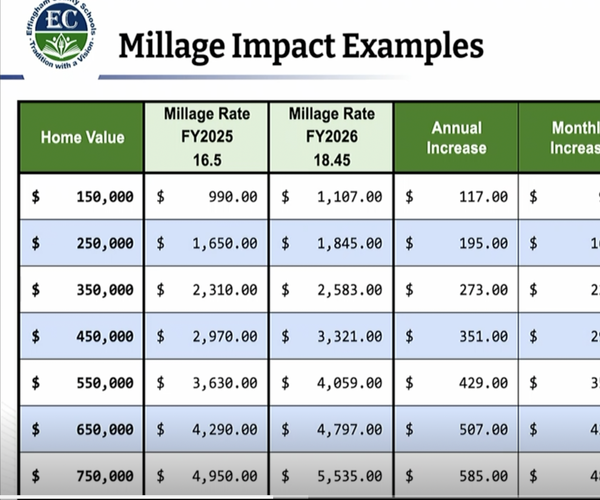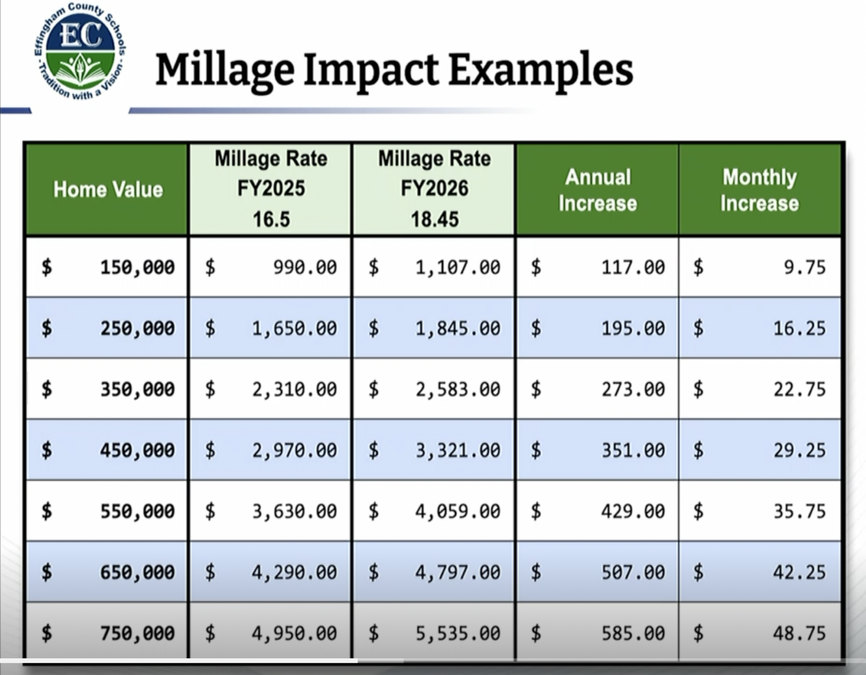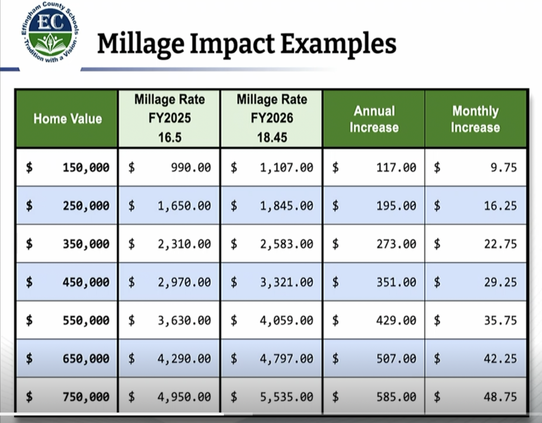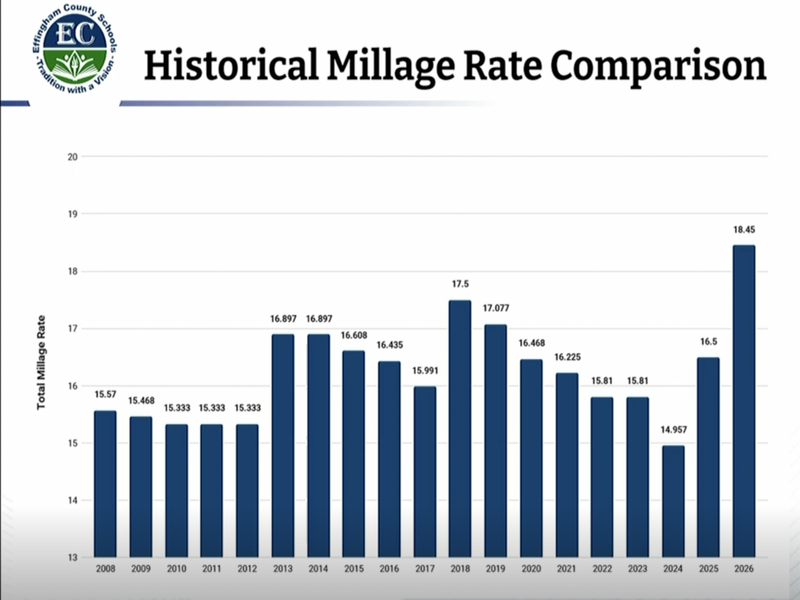The Georgia Department of Natural Resources has announced a restructuring of state parks and historic sites as a result of a nearly 39 percent reduction in state appropriations and 24 percent projected loss of revenue. Reorganization will include:
• Reducing services and access at five state parks.
• Reducing operational days and/or pursuing community support at 12 state historic sites.
• Eliminating 12 percent of the workforce and implementing furloughs.
• Increasing fees for accommodations, recreational activities, interpretive programs and parking.
• Pursuing alternative operation of lodges and golf courses.
•Limiting swimming pool operations.
“These decisions were heart-wrenching but were made using a business case analysis,” said DNR Commissioner Chris Clark. “We are exploring every avenue to manage budget reductions and revenue shortfalls, to properly care for our state parks and historic sites, and to minimize the impact on Georgia citizens and communities.”
The reorganization enables the agency to uphold its mission of protecting Georgia’s natural and cultural resources while also providing opportunities for recreation and education. The DNR is aggressively exploring ways for state parks, historic sites, golf courses and lodges to become more self-sustaining, while exploring opportunities for private operations of lodges and golf courses.
“Outsourcing agreements will be used only if they maintain affordable and high-quality services that are more cost-effective than our own operations,” said State Parks and Historic Sites Director Becky Kelley. “If outsourcing agreements are not possible, if our efforts do not reduce our dependence on state appropriations, or if state revenues continue to decline, further cuts and potential closures of lodges and golf courses are possible.”
Details of the restructuring efforts include:
• Beginning July 1, Bobby Brown, Hart, Providence Canyon and Sprewell Bluff state parks will have reduced services with limited facilities, no on-site manager and no emergency services. Neighboring parks will provide oversight. Boat ramps at Bobby Brown and Hart will remain open, but camping will become seasonal. The yurts at Bobby Brown will be relocated to other parks. The five cottages at Hart will close, as will the visitor center and group shelter at Providence Canyon. The only change at Sweetwater Creek State Park will be a reduction in days of operation at the visitor center, from seven to four days per week.
• At 12 state historic sites, hours of operation will be reduced with management transferring to nearby state parks. Possible operating agreements with local communities are being explored and future closures are possible. The impacted sites include Dahlonega Gold Museum, Chief Vann House, Etowah Indian Mounds, Fort Morris, Hofwyl-Broadfield Plantation, Jarrell Plantation, New Echota, Pickett’s Mill Battlefield, Robert Toombs House, Traveler’s Rest, Jefferson Davis and Lapham-Patterson House. Changes begin July 1.
• Ninety-five full- and part-time employees will be separated from their current positions (of these, 32 full-time employees will be offered part-time positions). In addition, 81 vacant positions will be eliminated and 23 staff members will be relocated to other sites or have reassigned duties. The agency is making every effort to provide assistance to employees impacted by layoffs. The DNR will also implement furloughs beginning July 1.
• On May 20, parking fees at state parks increased to $5 daily and $50 annually. Last year, the ParkPass program generated nearly $3 million for maintenance and construction. Officials hope to generate an additional $1.2 million with the increase. Additionally, state parks and historic sites will begin charging for many services that used to be free, such as interpretive programs and guided hikes.
• Earlier this month, the DNR announced that swimming pools will open only at High Falls, Victoria Bryant and Magnolia Springs state parks and at George T. Bagby, Little Ocmulgee and Red Top Mountain lodges. The lodge pools are open to cottage/lodge guests only, while the High Falls pool is privately operated. The pool at Magnolia Springs will operate with support from Jenkins County and, since the pool at Victoria Bryant is able to generate a profit, it will remain open.
• Operations at all park golf courses and lodges will be adjusted to minimize expenditures and maximize revenue generation. Impacts of these adjustments are not fully determined at this time, but closures may occur.
The Department of Natural Resources operates 48 state parks and 15 state historic sites. A wide range of overnight accommodations, outdoor activities, historical programs and group facilities draw 11 million visitors each year.
For more information or to make reservations, visit www.GeorgiaStateParks.org or call 1-800-864-7275. Friends of State Parks and Historic Sites is a non-profit organization dedicated to supporting Georgia’s park system. Details can be found at www.FriendsofGaStateParks.org or 1-888-948-2092.










